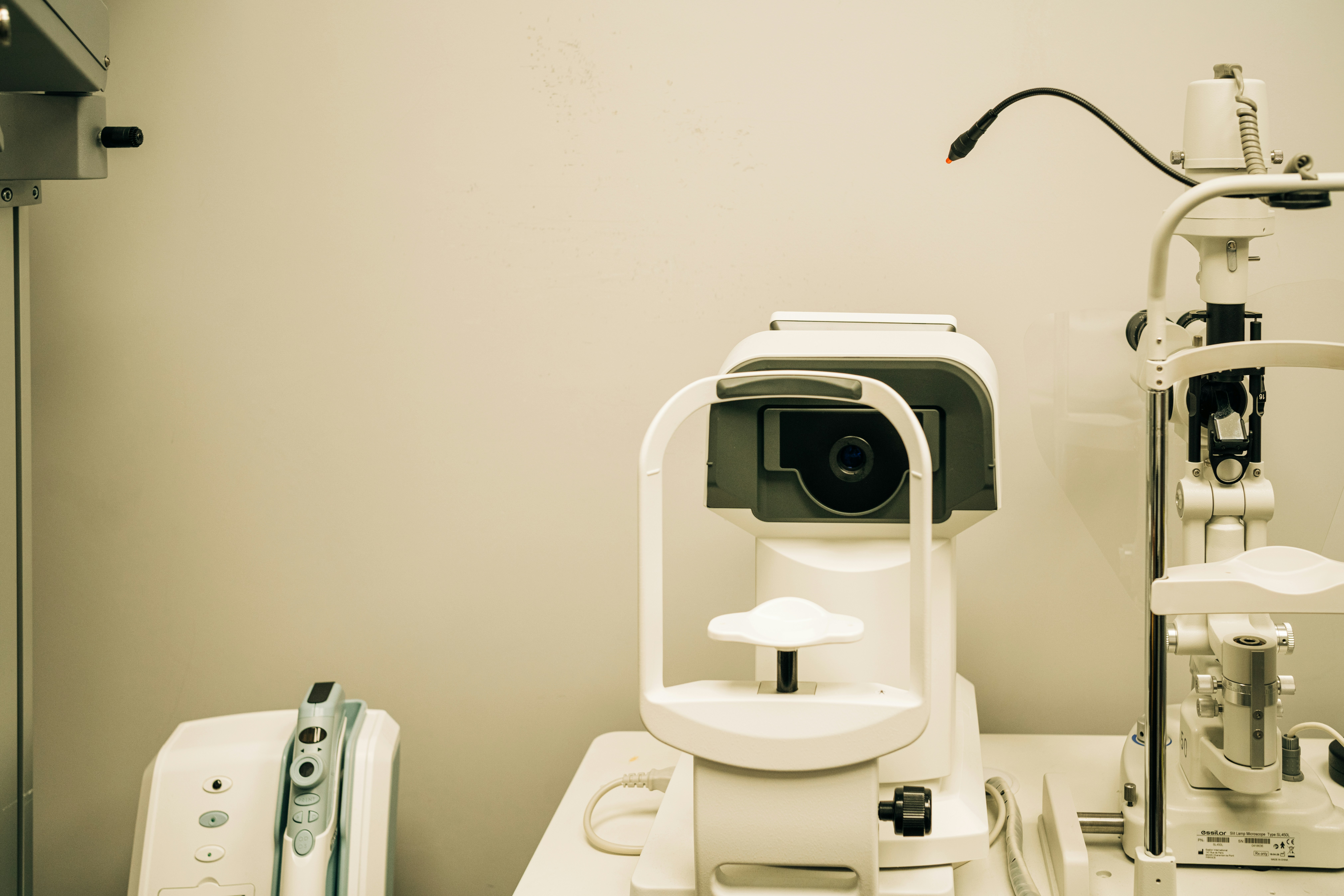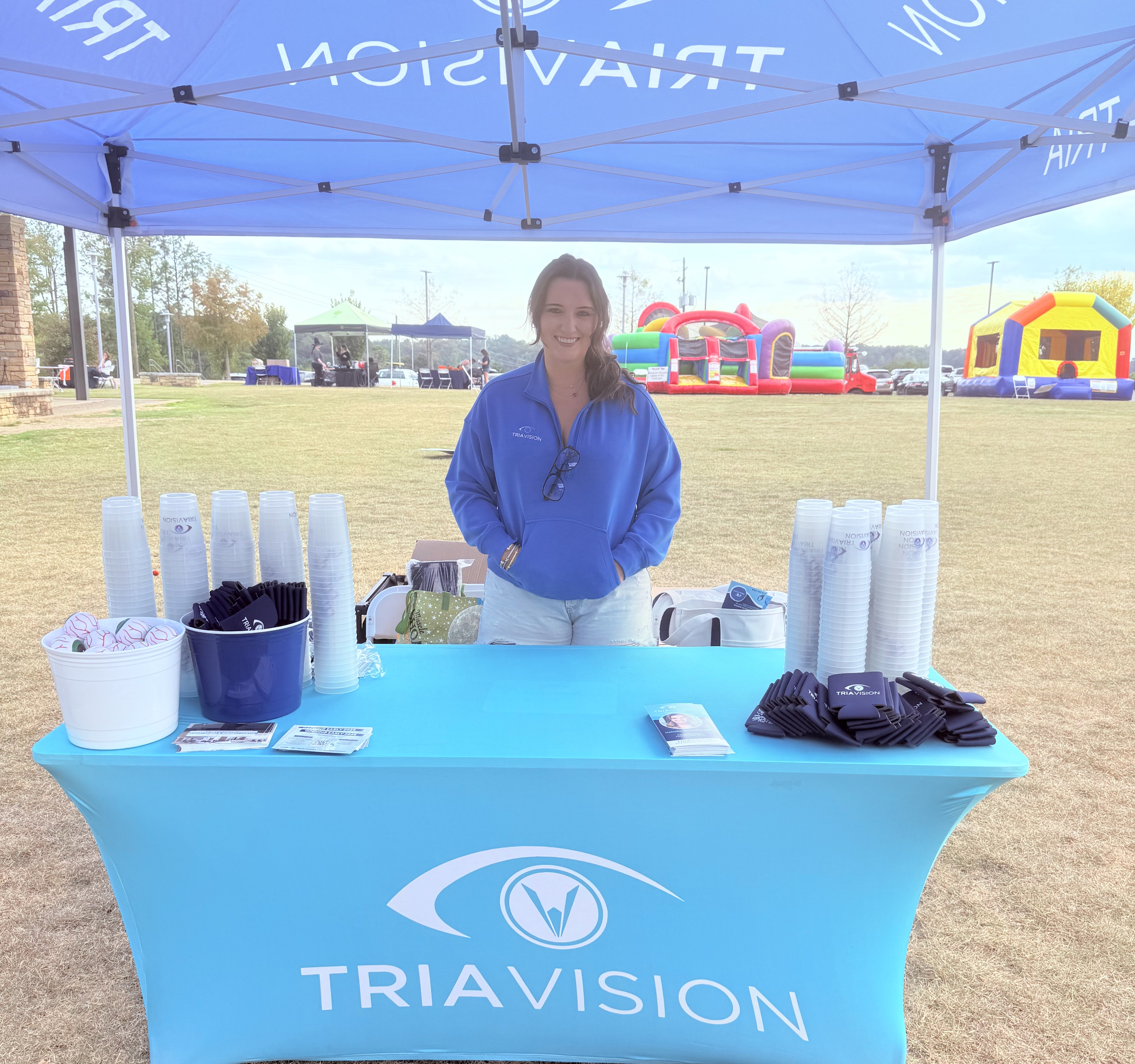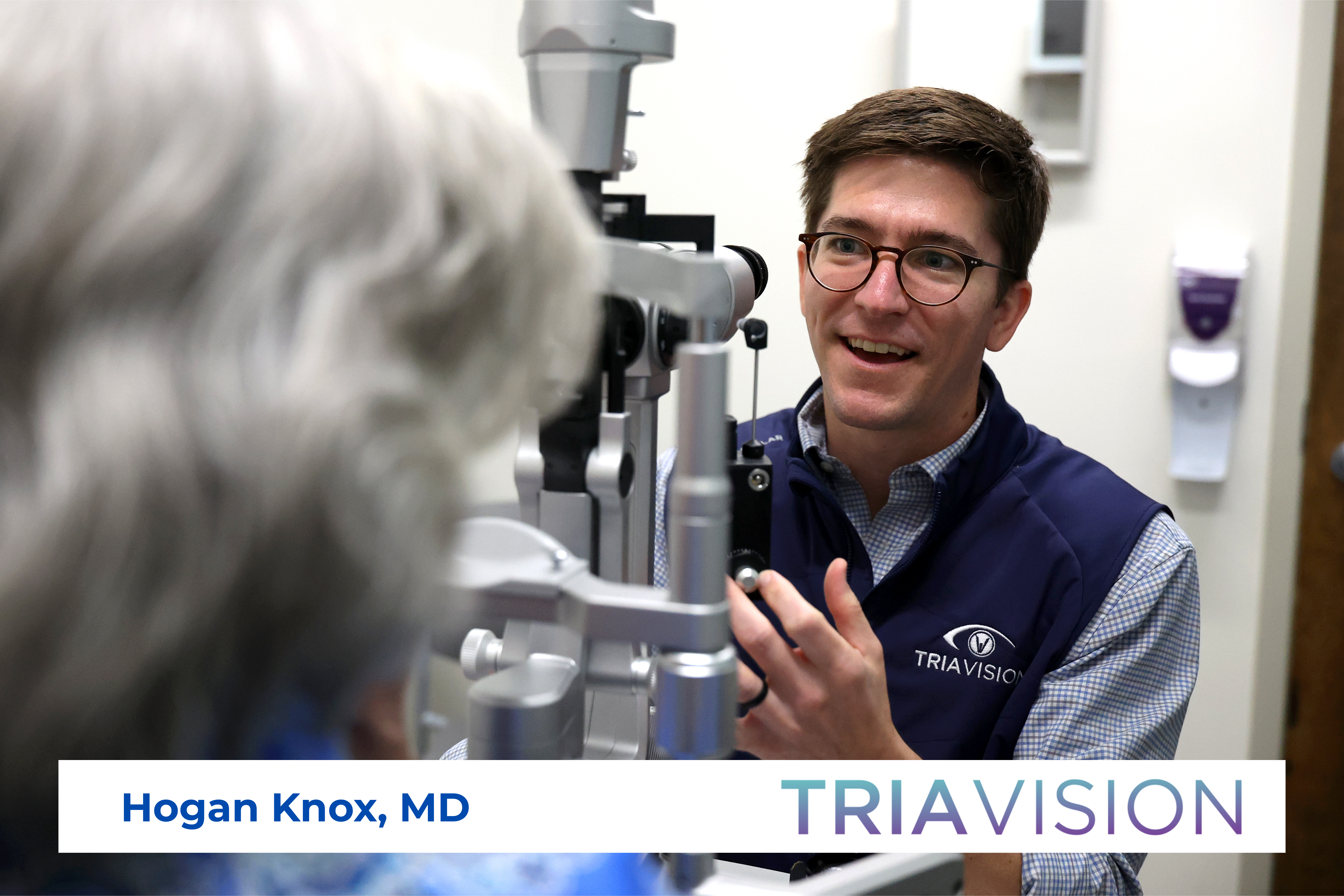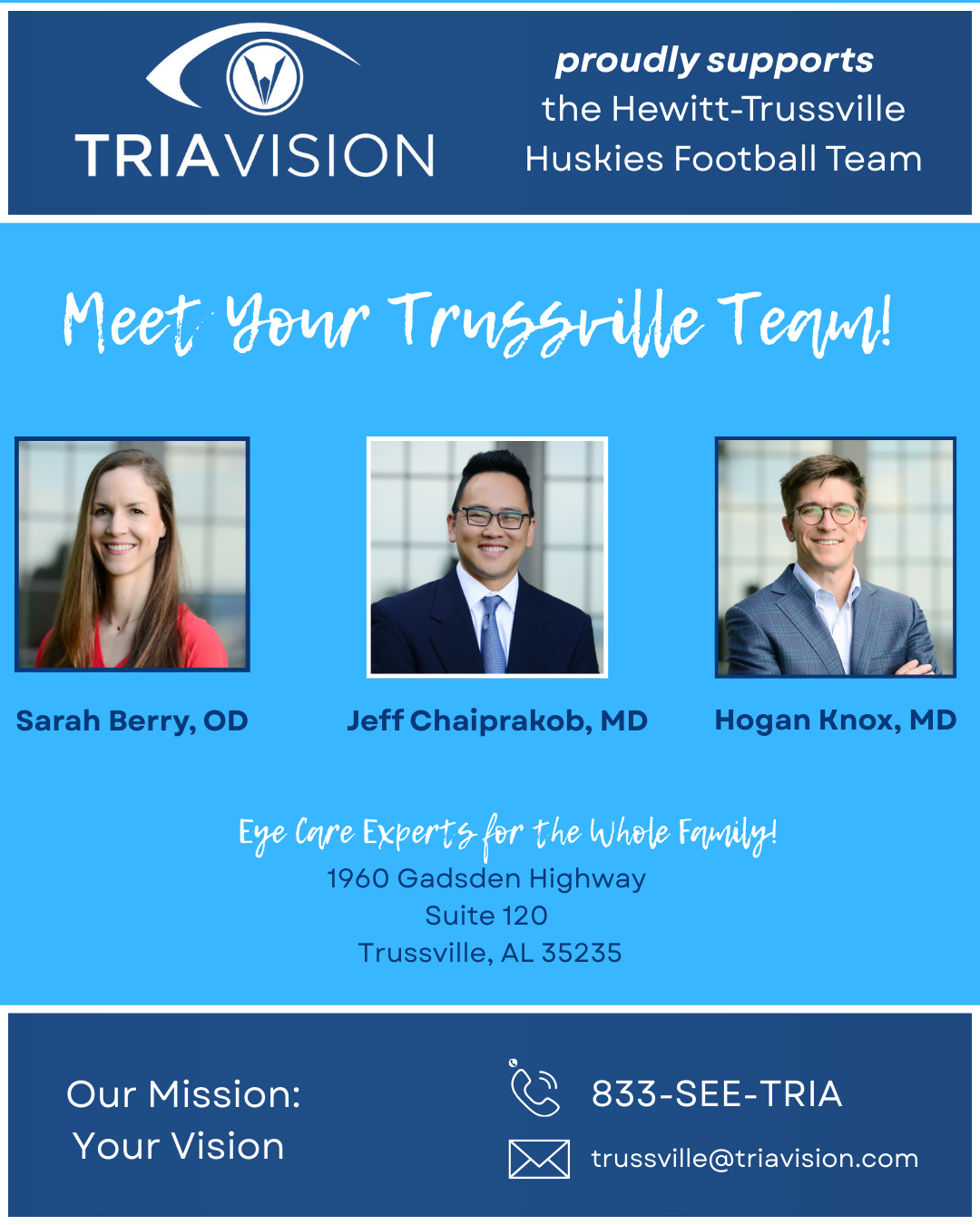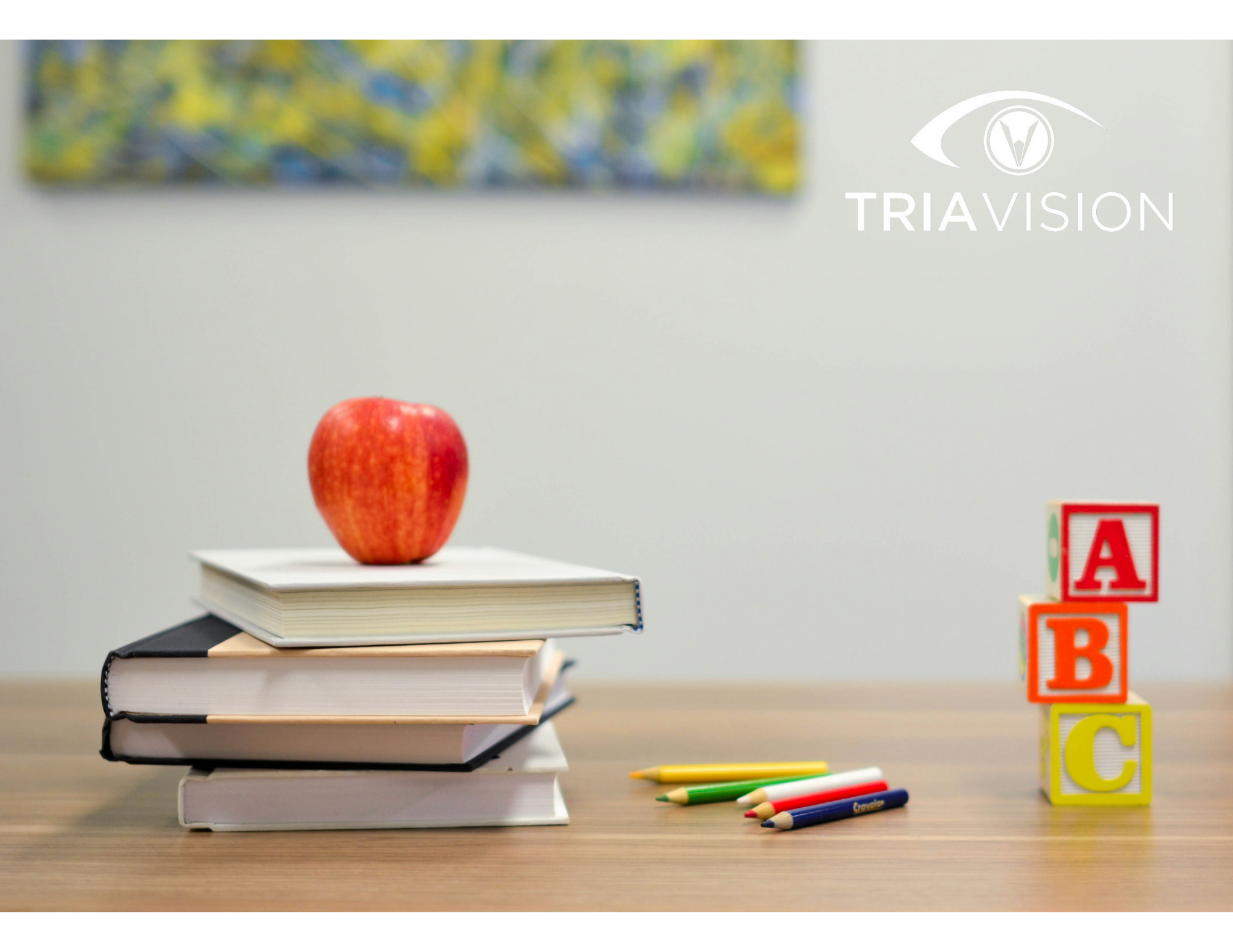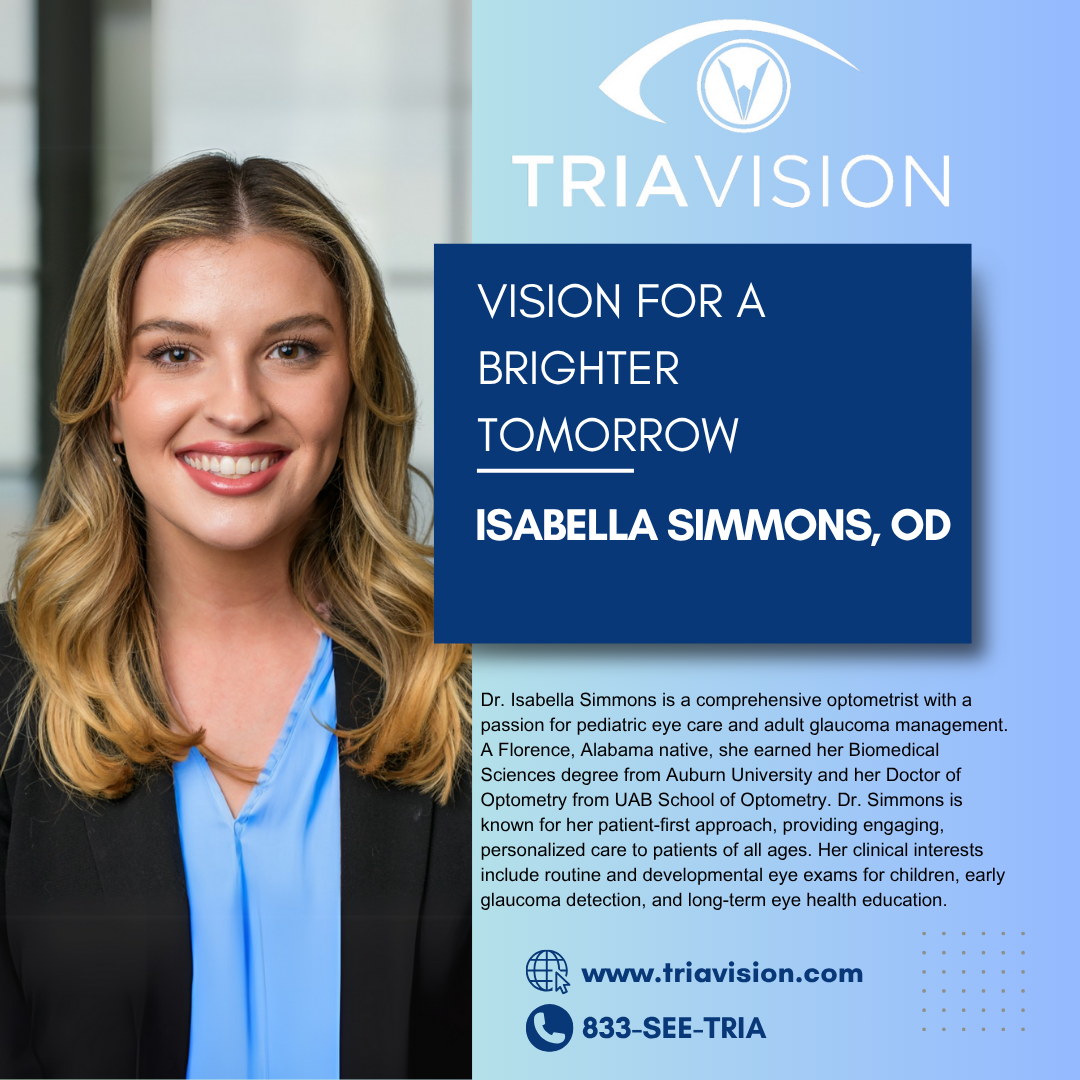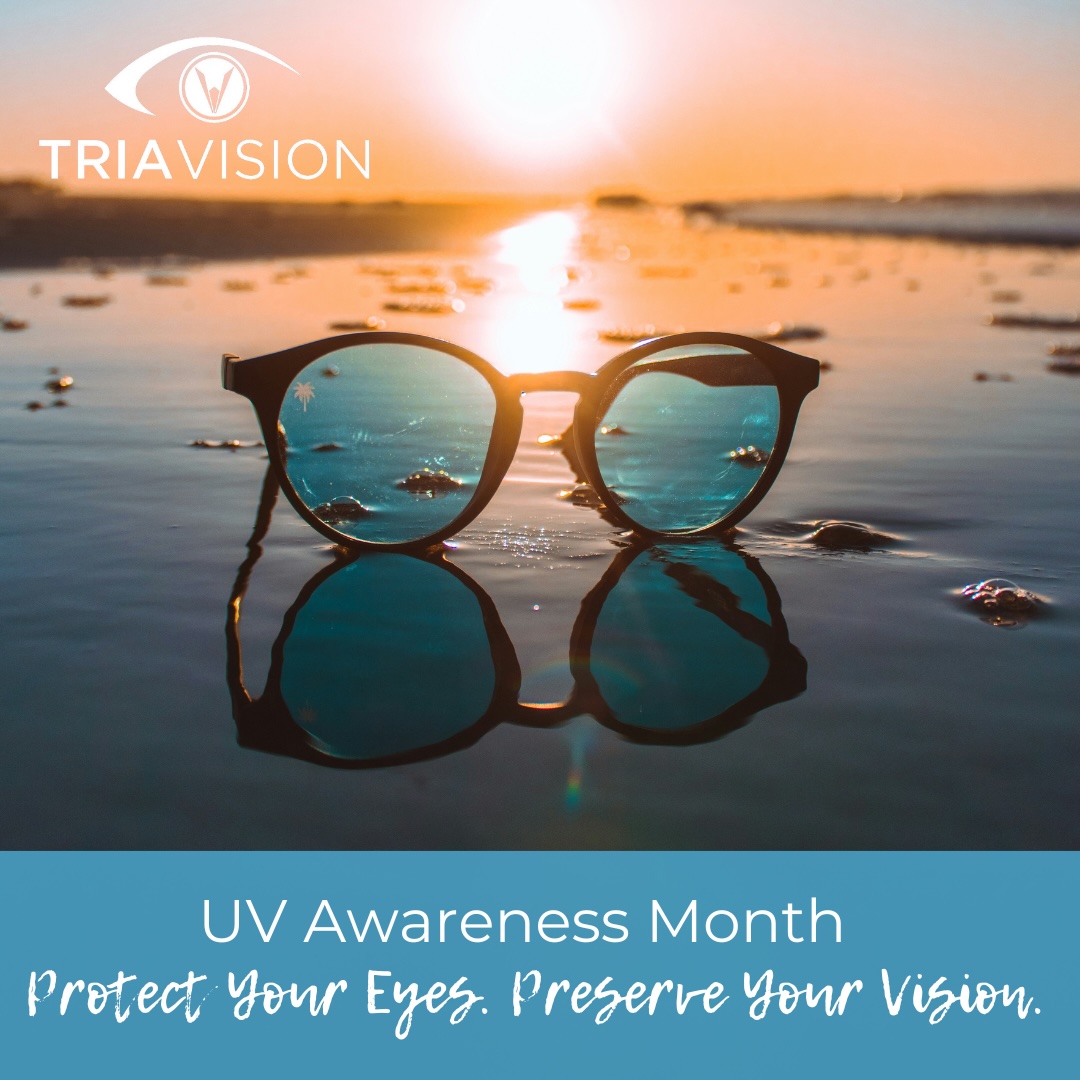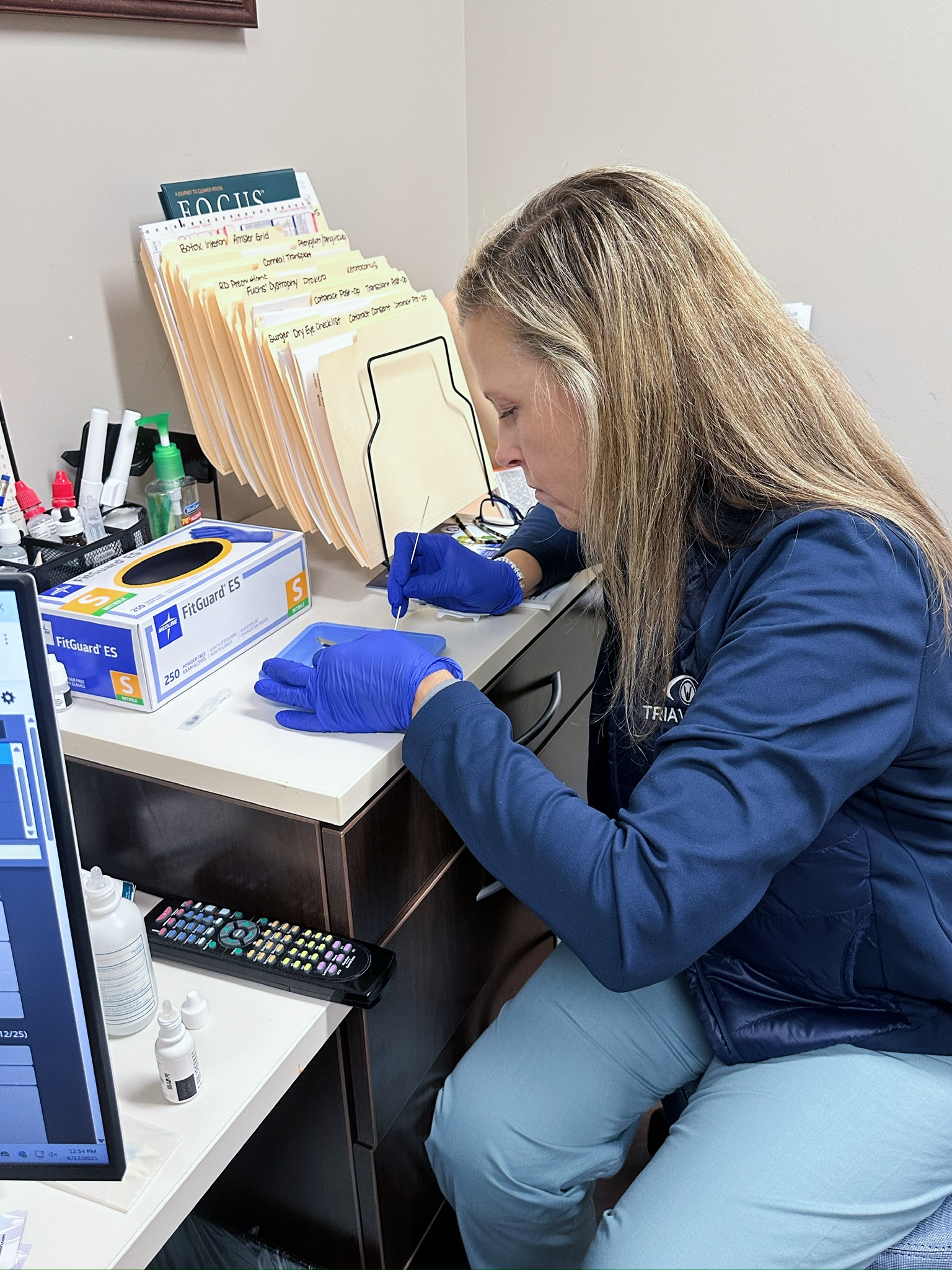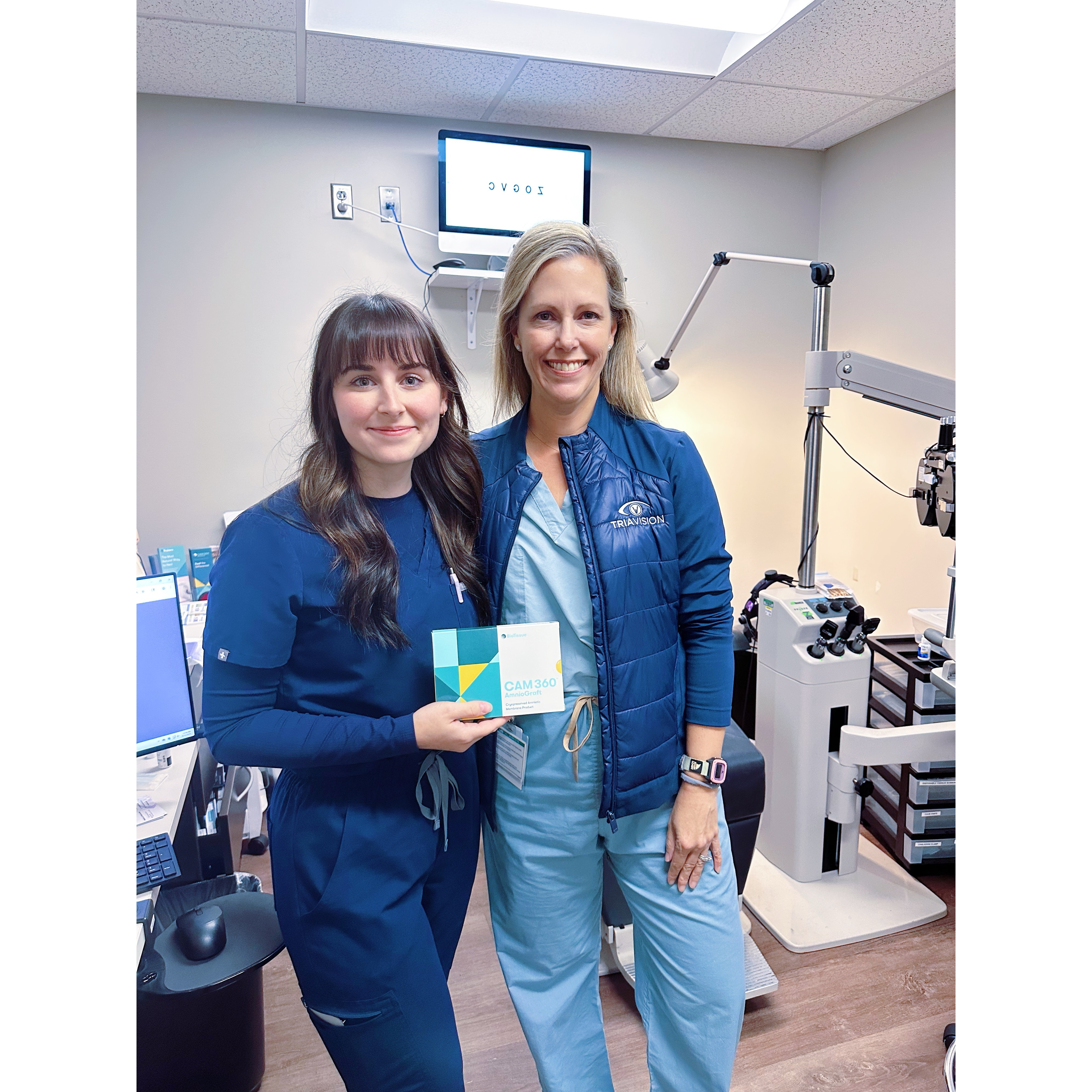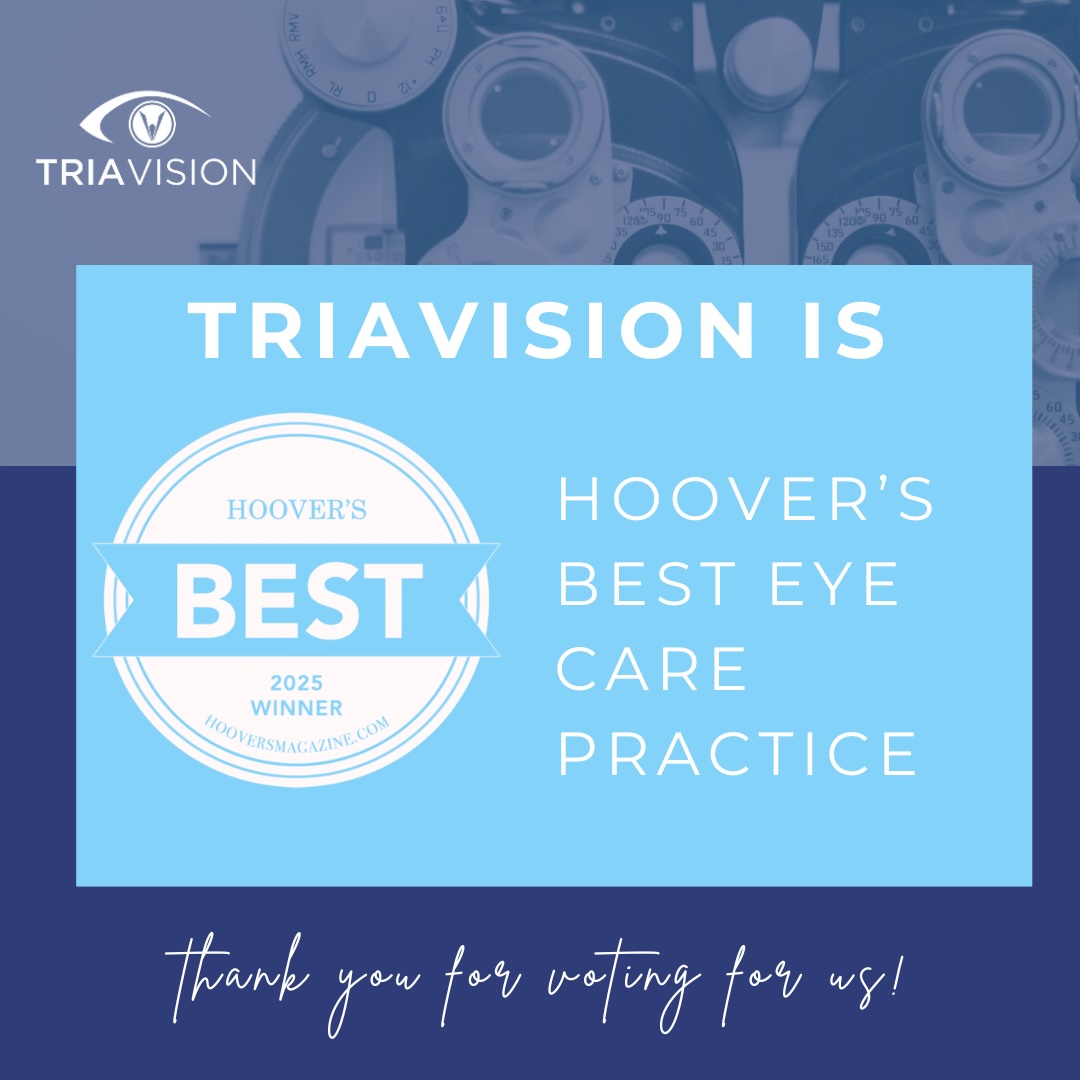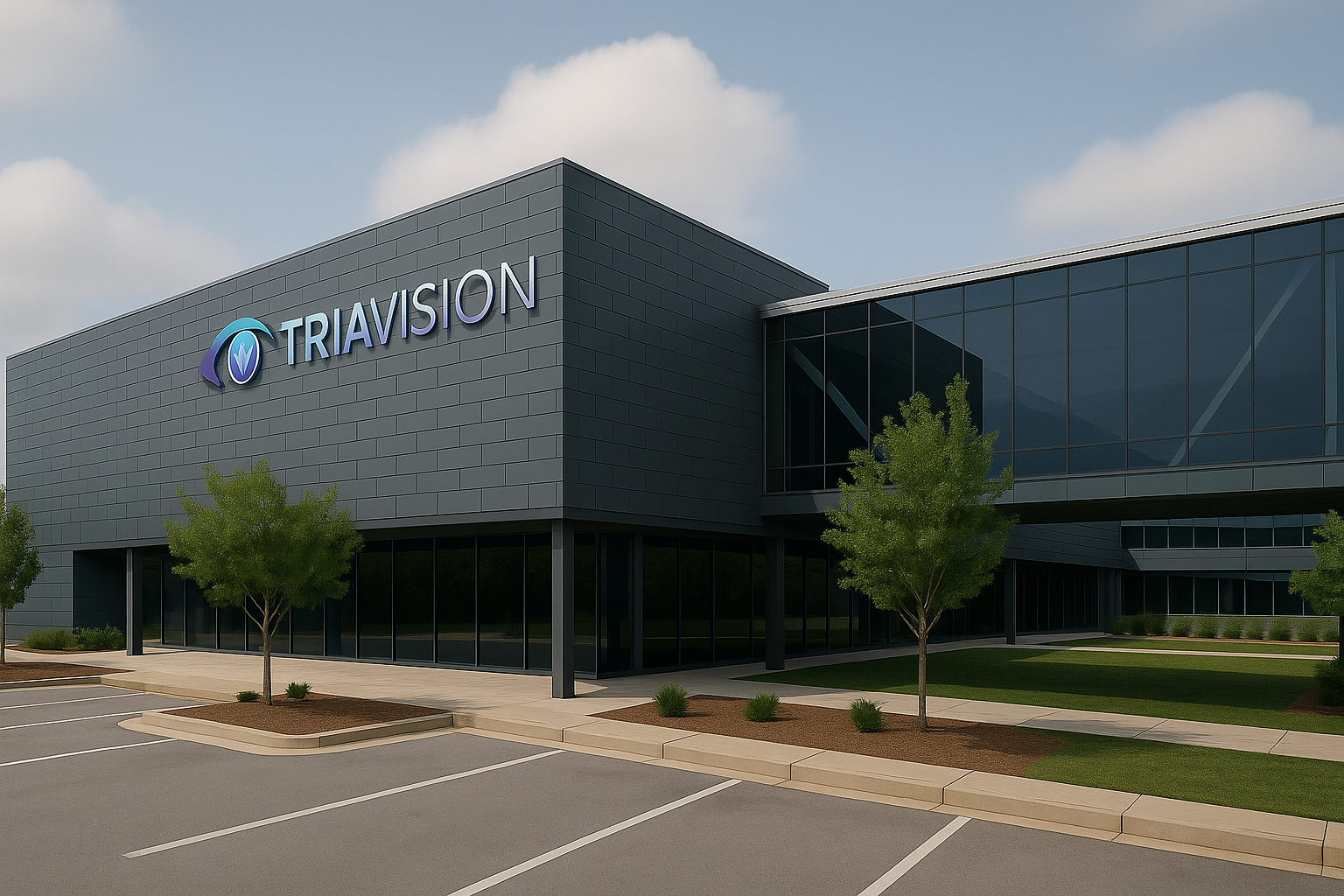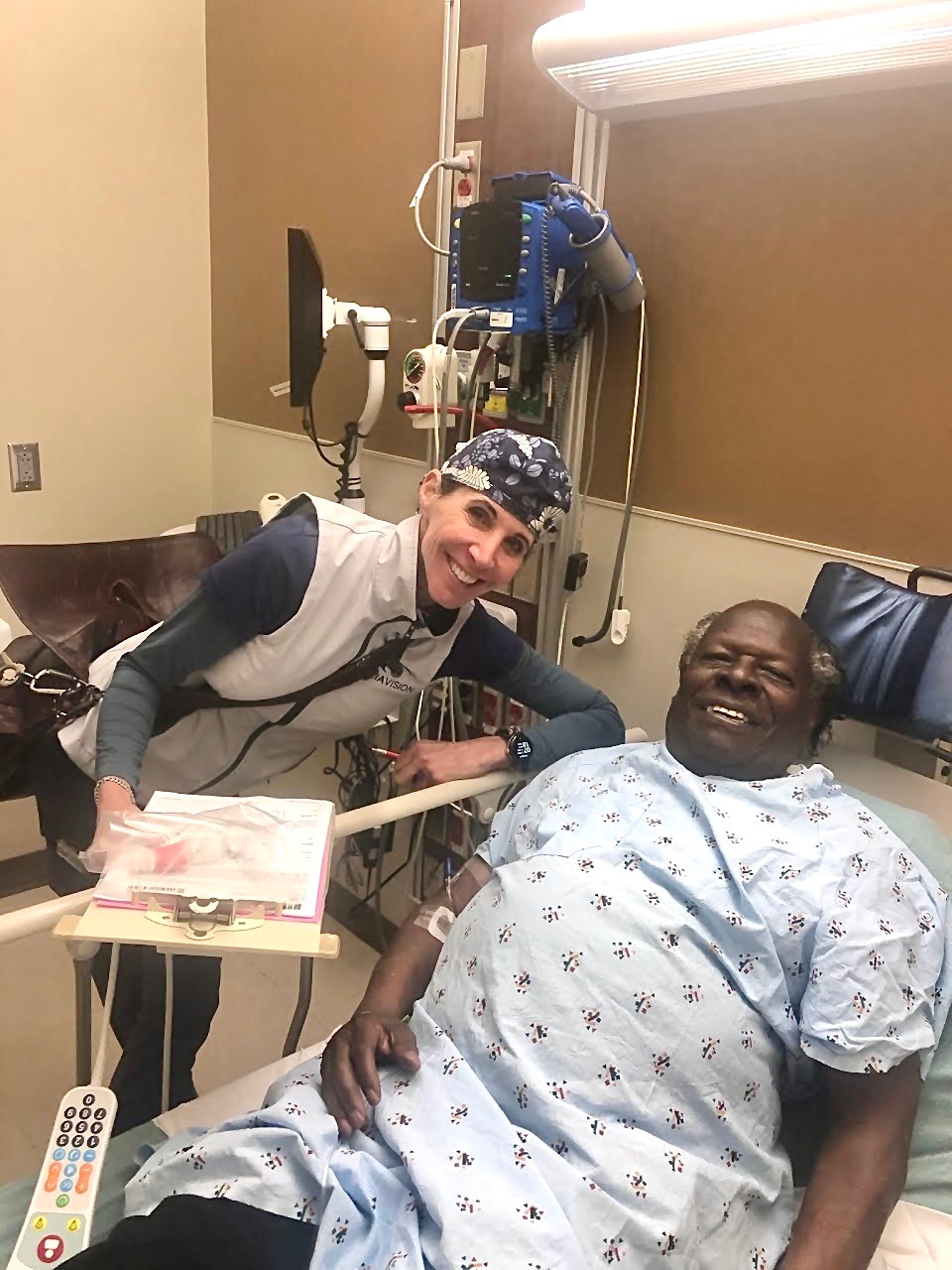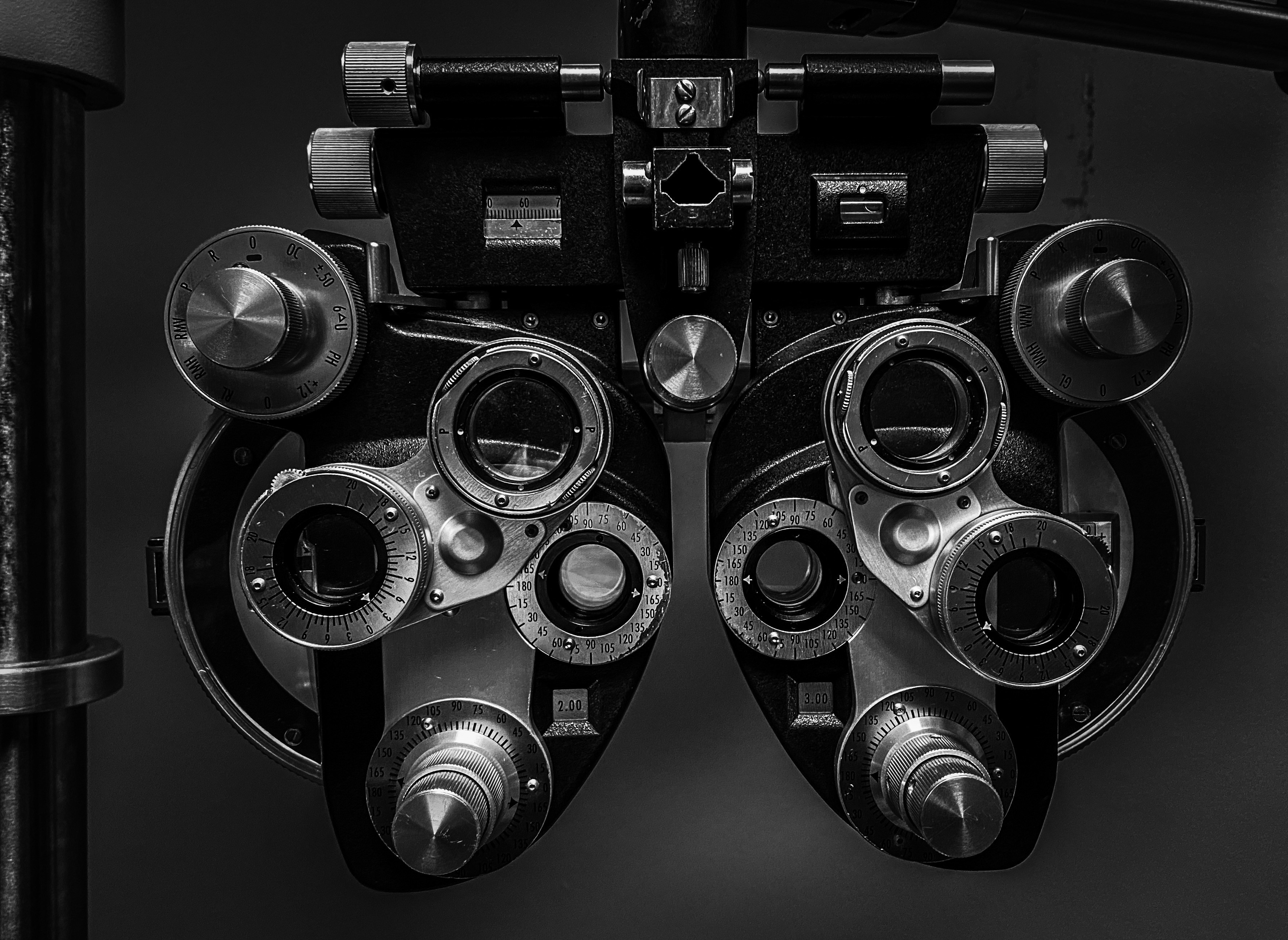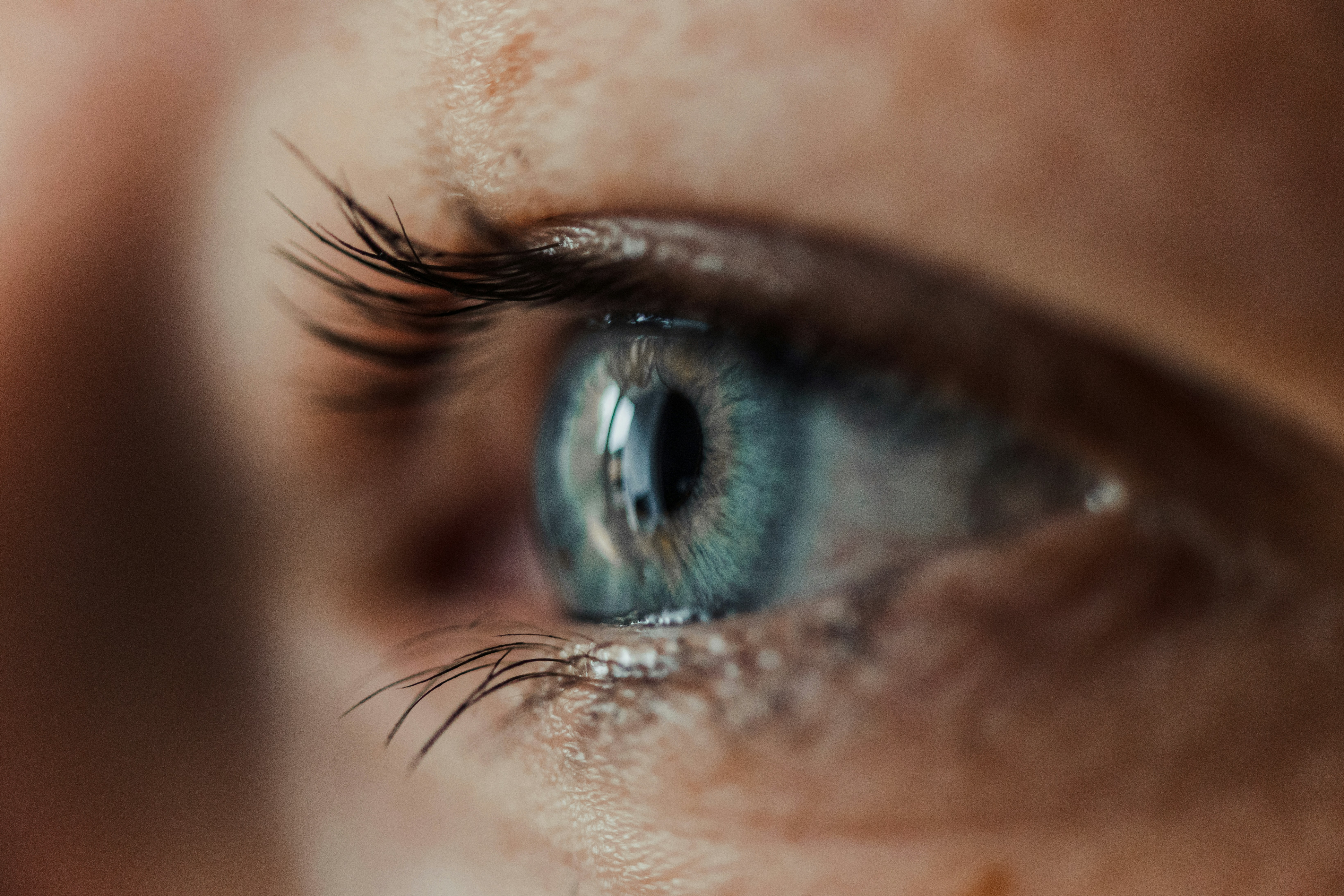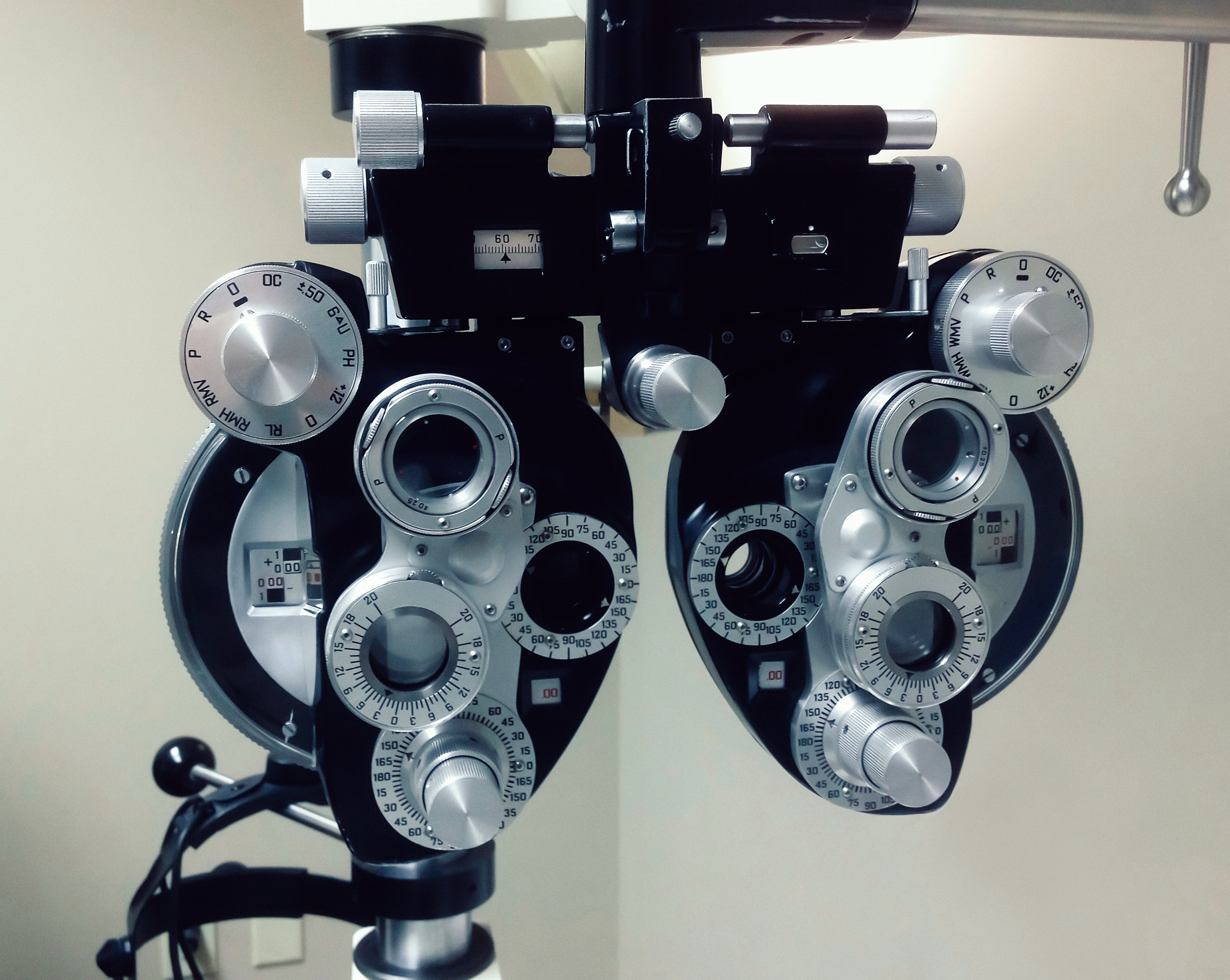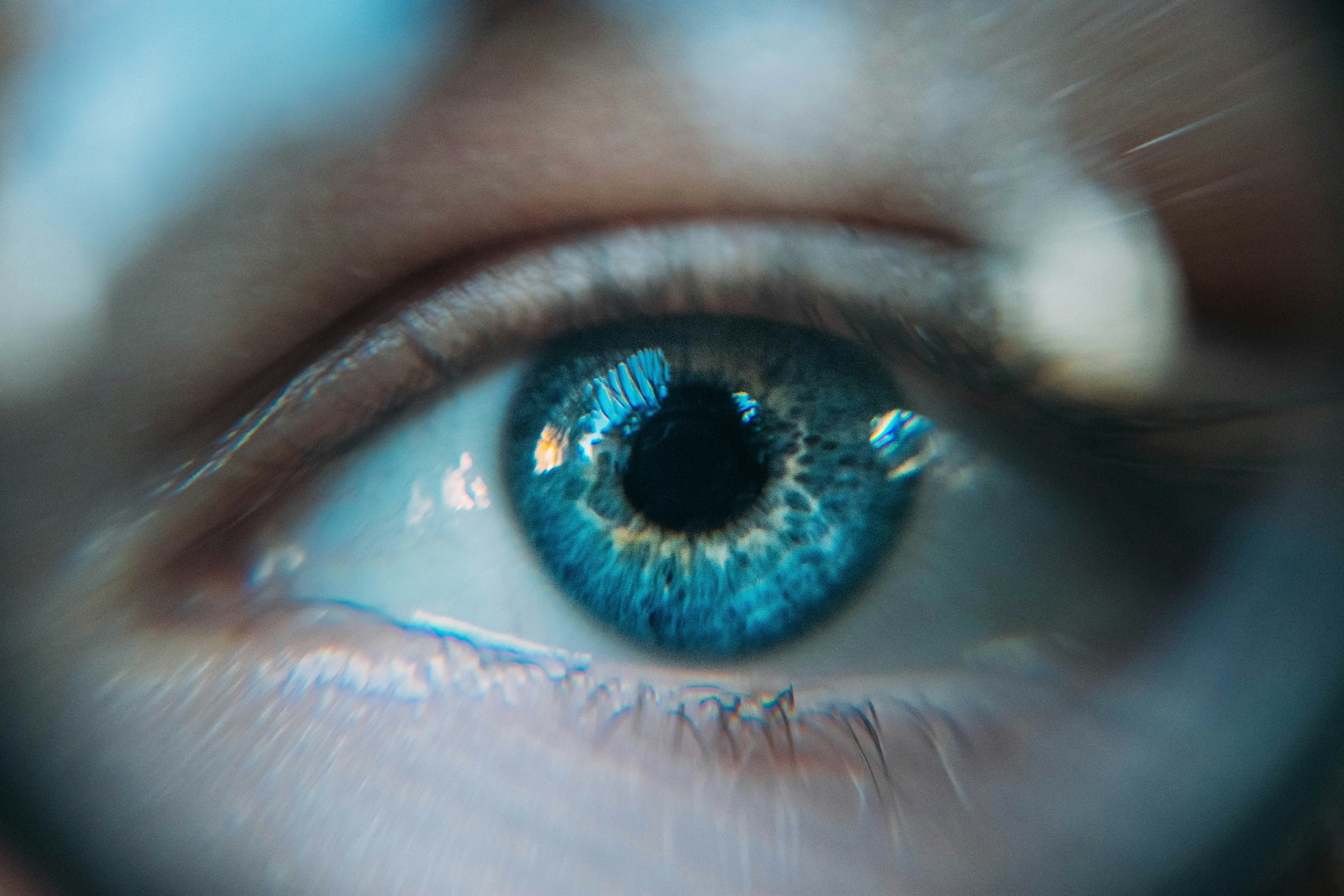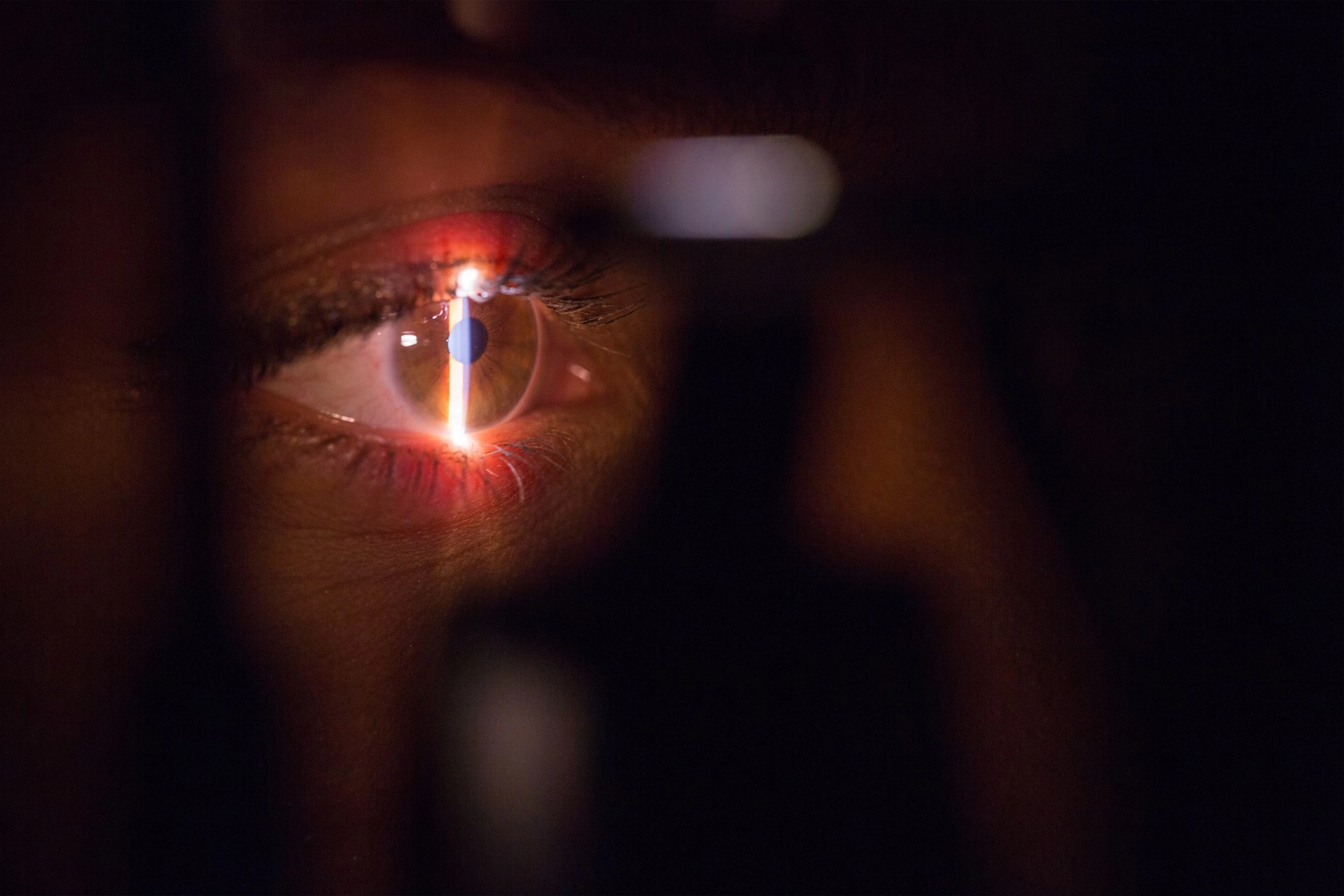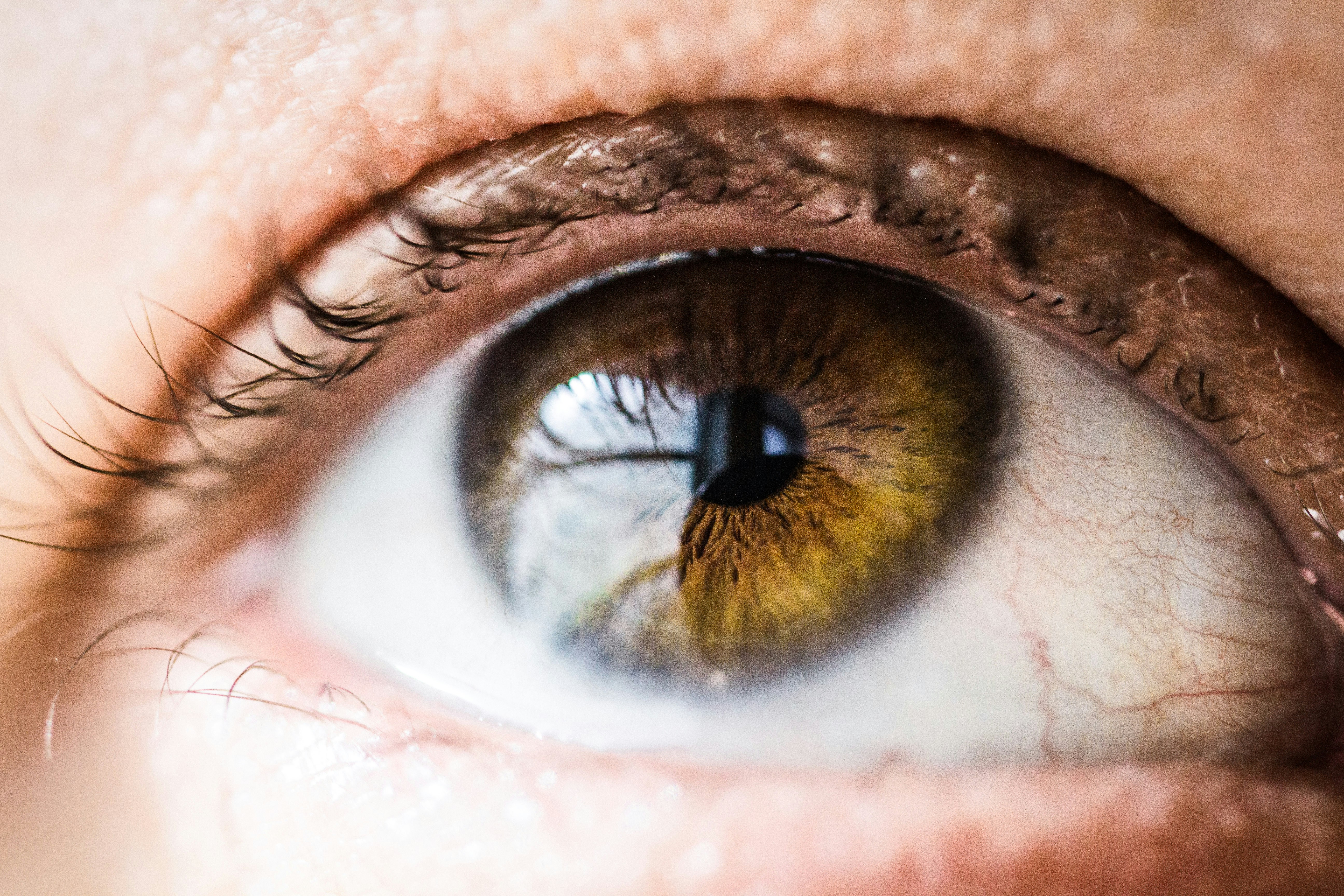
Understanding the Signs of Glaucoma - Early Detection and Prevention
Understanding the Signs of Glaucoma: Early Detection and Prevention
By Dr. Blythe Monheit, MD TriaVision
Glaucoma is one of the leading causes of blindness worldwide, yet it’s a condition that often goes unnoticed in its early stages. Known as the "silent thief of sight," glaucoma can progress quietly and cause permanent vision loss if not detected and treated early. At TriaVision, we are dedicated to proactive eye health and believe that awareness and early detection are essential in the fight against glaucoma.
What is Glaucoma?
Glaucoma refers to a group of eye conditions that damage the optic nerve, which is crucial for vision. This damage is often caused by increased pressure in the eye (intraocular pressure), but it can also occur at high normal eye pressures. The key to understanding glaucoma is realizing that once vision loss occurs, it’s permanent — and that’s why early detection is so important.
Symptoms of Glaucoma
One of the challenges with glaucoma is that it typically presents few or no symptoms in its early stages. Many people may not notice any vision changes until the disease has advanced, which makes regular eye exams all the more essential. However, here are some signs to be aware of:
- Gradual loss of peripheral (side) vision: Often the first sign of glaucoma, this loss can go unnoticed because it happens slowly.
- Tunnel vision: In the advanced stages of glaucoma, people may experience tunnel vision, where only a small central area of vision remains.
- Eye pain, redness, and blurred vision: Although uncommon, some forms of glaucoma, like angle-closure glaucoma, can cause sudden eye pain, migraine like headaches, nausea, and blurred vision. This is an emergency and requires immediate care.
As I tell my patients, “Don’t wait for symptoms to show up. By the time they do, significant damage may have already occurred. Routine eye exams are the best way to catch glaucoma early.”
Who is at Risk for Glaucoma?
Certain factors can increase your risk of developing glaucoma. Here’s what we typically look for:
Age: People over the age of 60 are at higher risk, though this can vary by ethnicity. For African Americans, the risk increases after age 40.
Family History: Glaucoma often runs in families. If you have a relative with glaucoma, be sure to let us know.
Ethnicity: African Americans and people of Hispanic descent have a higher risk of developing glaucoma.
Medical Conditions: Diabetes, high blood pressure, and heart disease are all linked to a higher risk of glaucoma.
5. Eye Injuries and Conditions: Previous eye injuries, severe nearsightedness, or thin corneas can increase the risk.
- Far Sighted: Far sighted people can be at increased risk for angle closure and secondary glaucoma.
“Risk factors don’t mean you’ll definitely develop glaucoma, but they do mean you should be extra vigilant about regular screenings,” I advise.
The Importance of Early Detection
Glaucoma is a chronic condition that, once present, cannot be cured — but it can be managed. Early detection is key to preventing vision loss. During a comprehensive eye exam, we measure intraocular pressure, assess the optic nerve, and use advanced imaging techniques to detect any changes in the eye structure that could indicate early glaucoma.
At TriaVision, our approach is preventive and personalized. If we find that you’re at risk, we may recommend more frequent exams and other preventive measures tailored to your needs. As I often say, “Detecting glaucoma early can make all the difference. It allows us to manage the disease effectively and prevent significant vision loss.”
Preventing Vision Loss from Glaucoma
While we can’t prevent glaucoma altogether, there are steps you can take to reduce your risk and protect your vision:
- Regular Eye Exams: The best defense is a strong offense. Routine eye exams help detect glaucoma in its earliest stages.
- Control Underlying Conditions: If you have high blood pressure, diabetes, or other risk factors, work with your healthcare team to manage them.
- Exercise: Moderate exercise, like walking, may help reduce eye pressure.
- Protect Your Eyes: Wearing protective eyewear during sports or activities that could result in eye injury can reduce trauma-related glaucoma risk.
Take Charge of Your Eye Health
Glaucoma may be a silent disease, but we don’t have to be silent about prevention. At TriaVision, we’re committed to helping our patients stay proactive in their eye health, and glaucoma awareness is a vital part of that commitment. Whether you’re in a higher-risk group or just due for a routine eye exam, we encourage you to schedule a visit with us. Together, we can take the right steps to protect your vision for the future.
If you have questions about glaucoma or are concerned about your risk, reach out to TriaVision today. Our team is here to provide expert, compassionate care and help you keep your vision as clear and healthy as possible.
Call us today at 833-SEE-TRIA!

